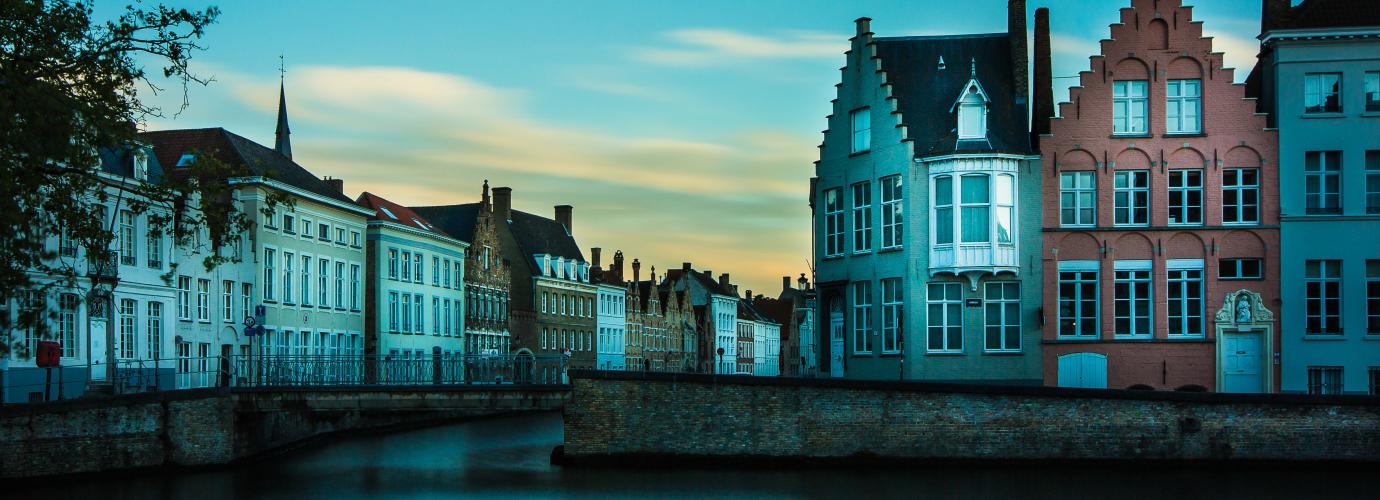Two types of private educational initiatives can be distinguished:
1. Subsidised private education under private law which is subsidised, recognised, overseen and inspected by the State (see 2.7.1.5 & 2.7.1.6). This accounts for 68% of pupils in elementary and secondary education. It is therefore not treated separatly here, but described throughout this report together with public education.
2. Home teaching. Home teaching may be organised in various ways:
- Individual home teaching: As a parent you can teach your children yourself or you appoint a private tutor.
- Collective home teaching: you send your children to a private school or you organise together with a couple of other parents home teaching for your children.
Home education is financed by the persons who exercise parental authority or who have legal or factual custody of the underage pupils.
When you want to organise home education, you must at latest on the third school day of the school year submit a declaration of home education together with all required information to the unit Supervision of Compulsory Education of the Agency for Educational Services.
Parents who opt for home education have to commit to provide education which meets the following minimum requirements (which moreover apply to all forms of education on the basis of art. 29 of the International Convention on the Rights of the Child):
- the education they provide is aimed at the development of the child's full personality and talents and at preparing the child for an active adult life;
- the education promotes respect for basic human rights and for the cultural values of the child itself and others.
The inspectorate has the authority to check whether or not the home education provided complies with the objectives described. The agency AgODi publishes annual reports on home education.
When you choose for home education, you are obliged to let you child participate in the exams of the Examination Board of the Flemish Community at certain points in time:
- Ultimately in the school year in whih the child becomes 11 years old before 1 January the child must be registered with the Examination Board in view of obtaining a certificate of primary education. Ultimately in the school year in which the child become 13 years old before 1 January , and after a maximum of two attempts, the certificate of primary education must be obtained.
- Ultimately in the school year in which the child reaches the age of 15, and after a maximum of two attempts, the child must obtain at least a certificate of the first stage of secondary education via the Examination Board.
In case a child is not registered in time or does not succeed after a maximum of two attempts the child must be enrolled in a recognised school.
A child may be exempt from the obligation to take part in the exams organised by the Examination Board of the Flemish Community:
- when the child is in the possession of an individual equivalence decision of at least the level of primary education or the first stage of secondary education, depending on the certificate the child has to obtain.
- when a Pupil Guidance Centre explicitly exempts the child from taking the exams. This exception is meant for pupils with e.g. a mental disability or a serious learning disability, who are not able to successfully take the exams of the Examination Board.
Home education should not be confused with 'home schooling' provided at people's homes or in medical institutions to ill or disabled pupils of compulsory school age [see 5.4].
Sources:
- Primary education: article 26 bis - 26 quater Parliamentary Act on Primary Education
- Secondary Education: article 110/28 - 110/33 codex Secundary Education

